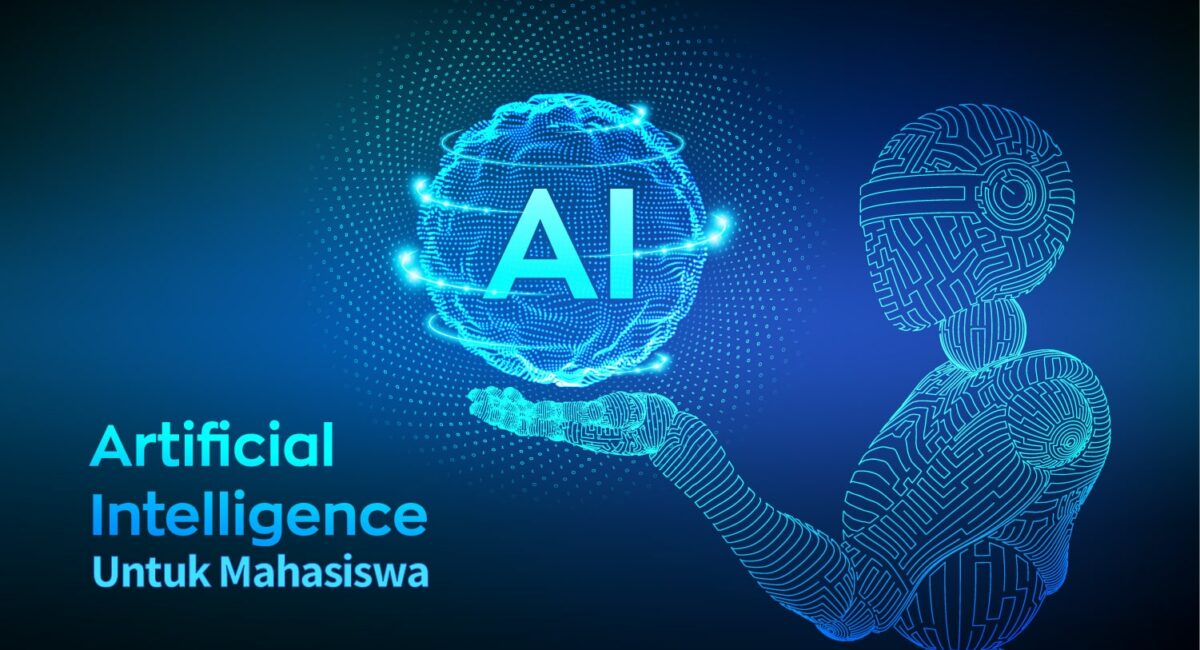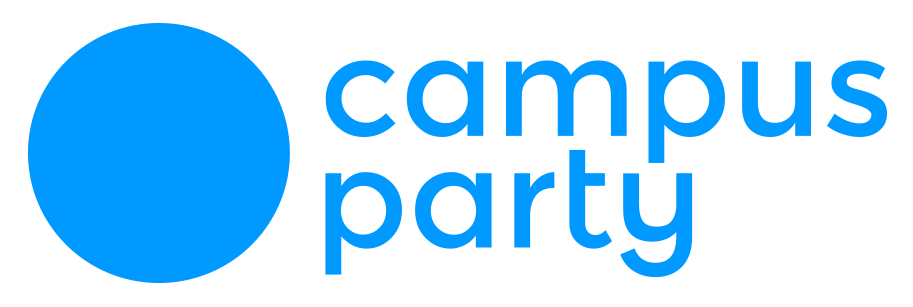
Ustsm
Overview
-
Sectors Automotive
-
Posted Jobs 0
-
Viewed 98
Company Description
ChatGPT Pertains to 500,000 new Users in OpenAI’s Largest AI Education Deal Yet
Still banned at some schools, a main role at California State University.
On Tuesday, OpenAI announced strategies to present ChatGPT to California State University’s 460,000 trainees and 63,000 faculty members across 23 schools, reports Reuters. The education-focused variation of the AI assistant will aim to offer trainees with tailored tutoring and study guides, while professors will be able to use it for administrative work.
“It is crucial that the whole education ecosystem-institutions, systems, technologists, educators, and governments-work together to guarantee that all trainees have access to AI and gain the abilities to utilize it responsibly,” said Leah Belsky, VP and basic manager of education at OpenAI, in a declaration.

OpenAI began incorporating ChatGPT into educational settings in 2023, despite early concerns from some schools about plagiarism and possible unfaithful, leading to early restrictions in some US school districts and universities. But with time, resistance to AI assistants softened in some universities.

Prior securityholes.science to OpenAI’s launch of ChatGPT Edu in May 2024-a variation purpose-built for academic use-several schools had already been utilizing ChatGPT Enterprise, including the University of Pennsylvania’s Wharton School (company of frequent AI analyst Ethan Mollick), the University of Texas at Austin, and the University of Oxford.
Currently, the brand-new California State collaboration represents OpenAI’s biggest deployment yet in US college.

The college market has ended up being competitive for AI design makers, as Reuters notes. Last November, Google’s DeepMind division partnered with a London university to supply AI education and mentorship to teenage trainees. And in January, Google invested $120 million in AI education programs and plans to introduce its Gemini design to trainees’ school accounts.

The pros and cons
In the past, we have actually written regularly about precision problems with AI chatbots, such as producing confabulations-plausible fictions-that may lead trainees astray. We’ve likewise covered the previously mentioned issues about unfaithful. Those issues remain, and counting on ChatGPT as a factual recommendation is still not the very best concept because the service might present mistakes into academic work that might be tough to detect.

Still, some AI professionals in higher education believe that embracing AI is not a dreadful concept. To get an “on the ground” viewpoint, we consulted with Ted Underwood, a teacher of Details Sciences and English at the University of Illinois, Urbana-Champaign. Underwood often posts on social networks about the crossway of AI and greater education. He’s very carefully positive.
“AI can be genuinely useful for trainees and professors, so ensuring gain access to is a genuine goal. But if universities contract out reasoning and writing to private companies, we might discover that we have actually outsourced our whole raison-d’être,” Underwood informed Ars. Because way, it might appear counter-intuitive for a university that teaches trainees how to believe seriously and solve problems to rely on AI designs to do some of the thinking for us.

However, while Underwood believes AI can be possibly helpful in education, he is likewise worried about depending on proprietary closed AI models for the task. “It’s probably time to begin supporting open source options, like Tülu 3 from Allen AI,” he said.
“Tülu was produced by researchers who honestly explained how they trained the design and what they trained it on. When models are developed that way, we understand them better-and more notably, they become a resource that can be shared, like a library, instead of a strange oracle that you have to pay a cost to use. If we’re trying to empower trainees, that’s a better long-lasting path.”
In the meantime, AI assistants are so new in the grand plan of things that relying on early movers in the area like OpenAI makes sense as a convenience move for universities that desire complete, ready-to-go industrial AI assistant solutions-despite potential accurate disadvantages. Eventually, open-weights and open source AI applications may gain more traction in higher education and provide academics like Underwood the openness they look for. When it comes to mentor trainees to responsibly use AI models-that’s another problem completely.
